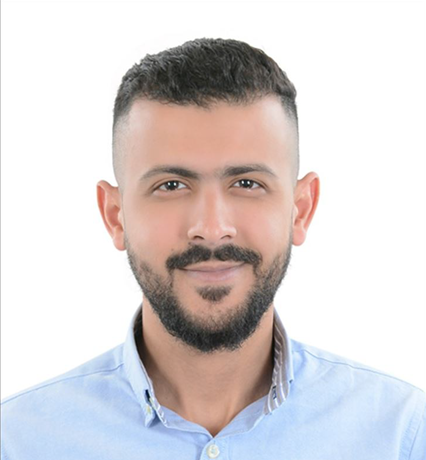Great results come from great challenges
Skretting Egypt reduces energy use by 45% in the first year
Our Skretting business in Egypt faced considerable challenges in the journey to reduce energy usage – the biggest being the fact that they are off-grid for electricity and natural gas. But instead of using these challenges as an excuse for inaction or becoming discouraged, the team pushed themselves to be creative and work through barriers to improve their performance. And, as a result, they achieved incredible results in the first year.
Their first step was to perform a deep dive and identify the energy reduction opportunities that existed in their feed production facility. Then they prioritised four projects that were best from the perspective of Capex required, energy savings and payback periods. The first project was to replace their aging, inefficient, and expensive-to-maintain primary 1.5-megawatt genset used for generating energy to power the facility with a new 1.8-megawatt genset. They also purchased a second 1.8-megawatt genset to increase the capacity utilization for the line by 25% and to be a backup, reducing the risk of future outages. Next, they decided to eliminate the use of a condensate tank – which was leading to high energy consumption, loss of flash steam and CO2 emissions – and, instead, send the condensate created in the production process directly to the boiler feedwater tank. And finally, they found a better way to recover the flash steam and harness its energy by also sending it to the boiler feedwater tank.
Through these efforts, within only six months’ time, the team reduced energy usage by 45%, lowering CO2 emissions by 1.4 million Kg and saving €357,000 in costs! And they were able to fully recover the Capex for the four projects in less than one year.
|
Measure |
Reduction target |
Result |
|
Operations OPEX |
5% €/ton |
22% €/ton |
|
KWH consumption |
10% |
45% |
|
CO2 emissions |
10% |
45% |
|
Time loss |
12.5% |
25% |
The team said that the most difficult – and important – activity that made the project successful was committing to follow up on the results and verify their validity on a weekly basis.
According to Project Manager Abdelaziz Khalifa, this inspired the team and motivated them to search for more projects that would add to their success. To ensure the new ways of working would remain embedded even after the project closed, they continued to monitor performance and record the consumption of diesel on a daily, weekly and monthly basis.
The most important thing I learned from this project is to have the greatest confidence in yourself and your team, and that great results only come from great challenges, so it is always important to push yourself to achieve the highest results, regardless of the surrounding circumstances.
